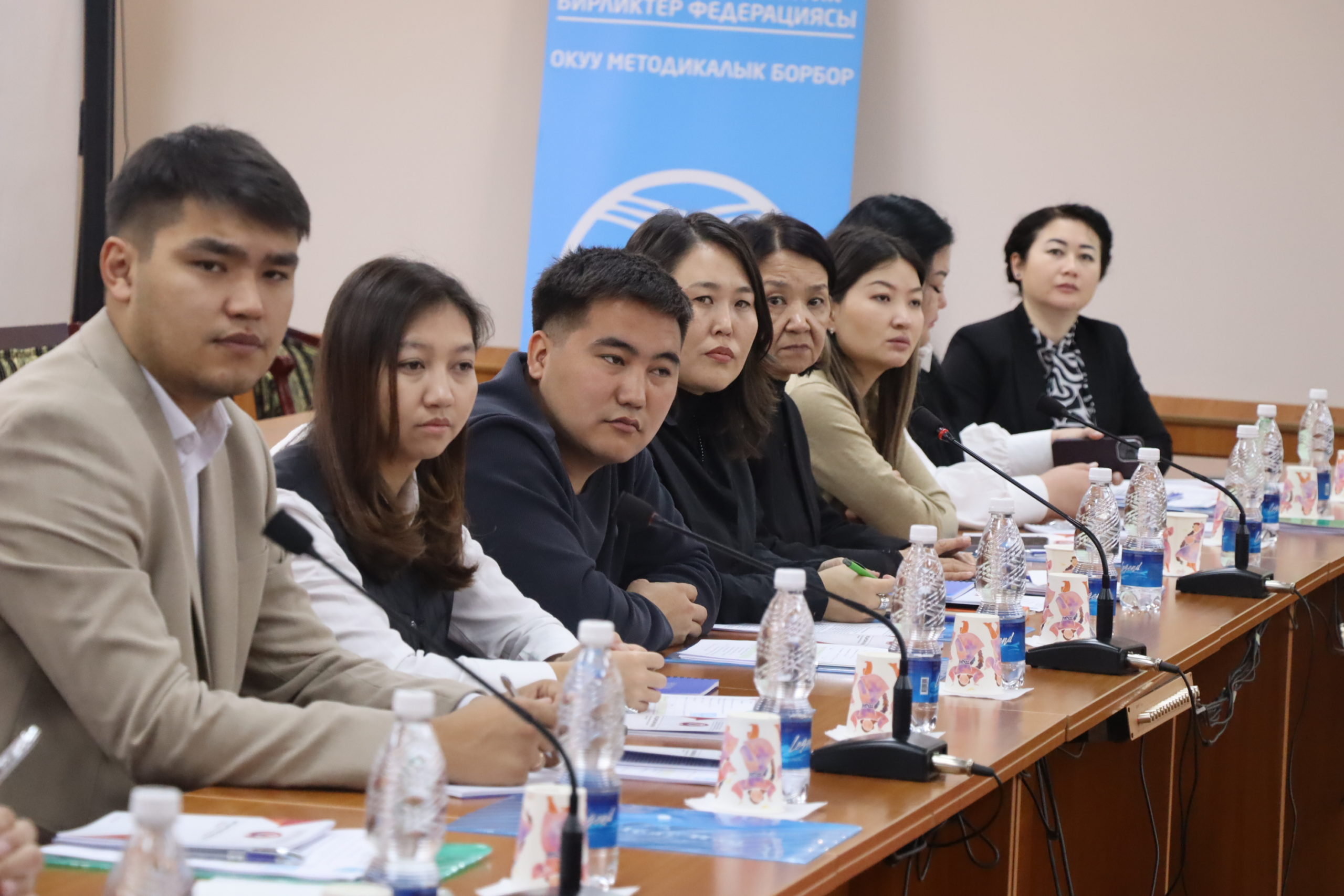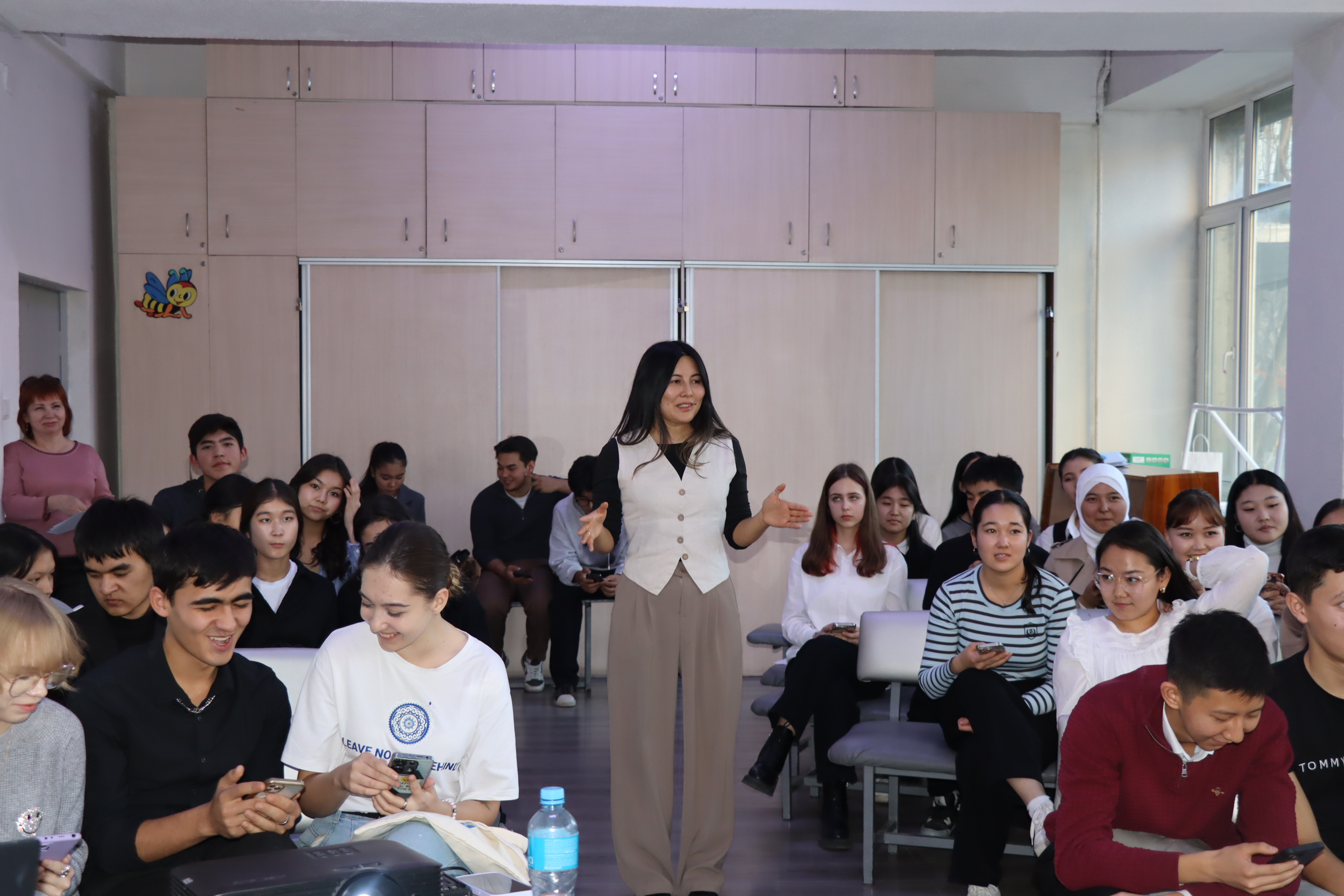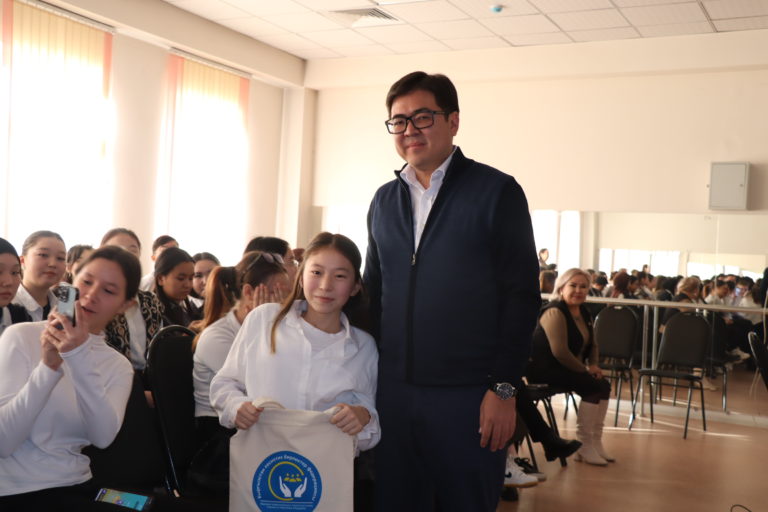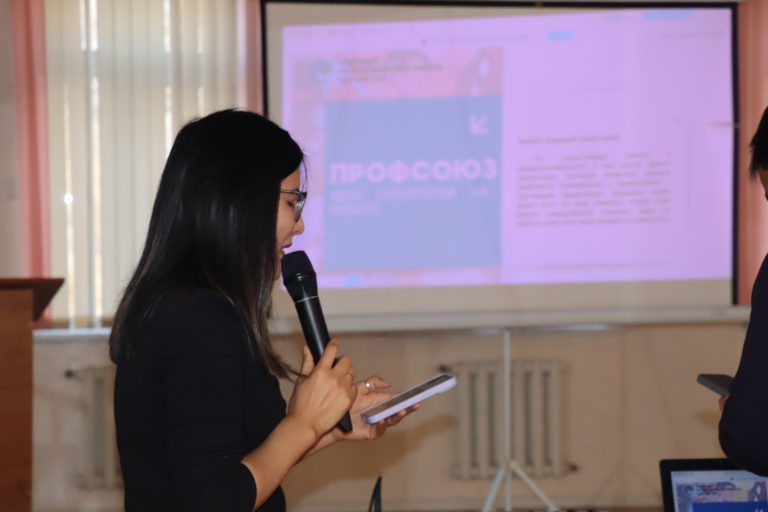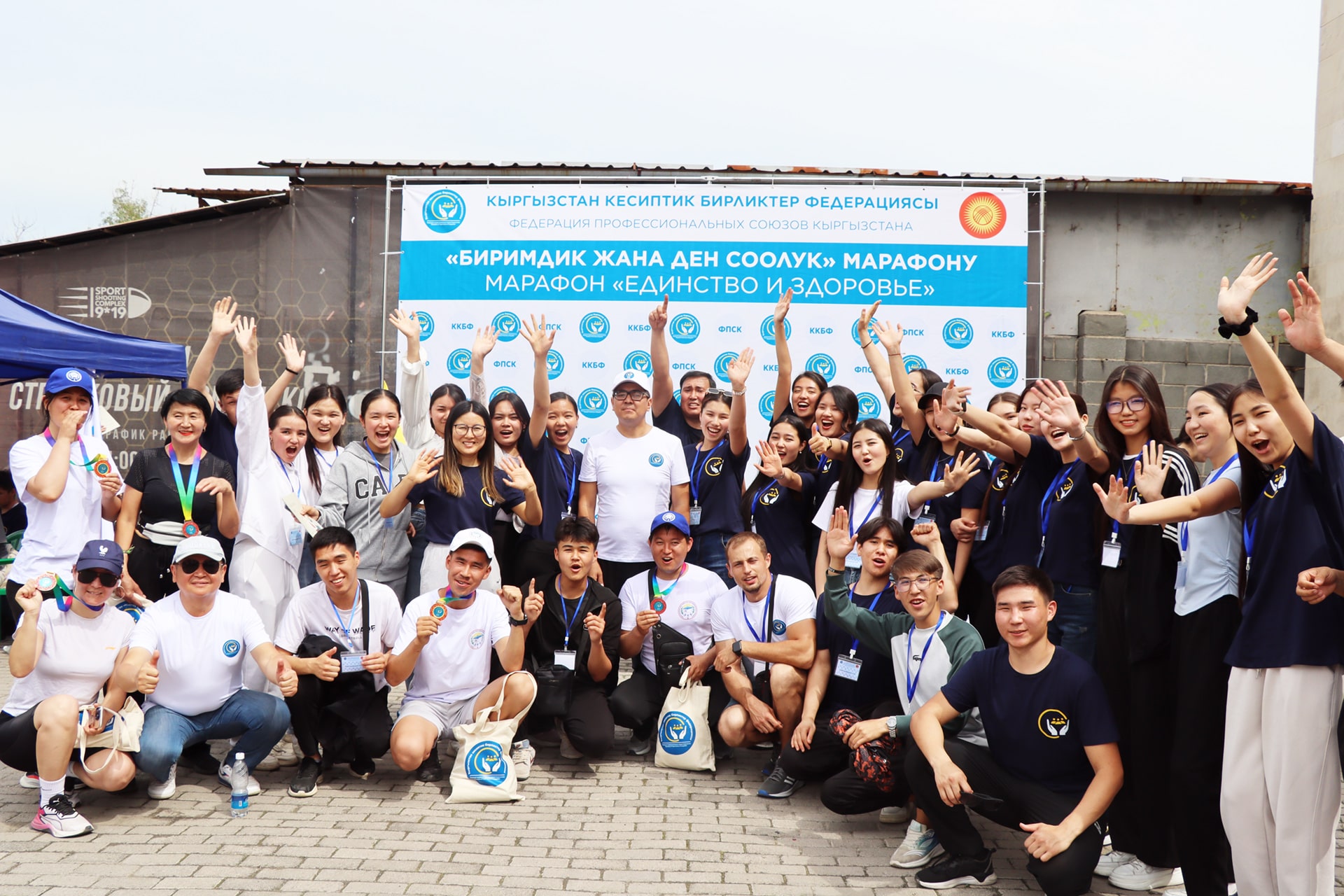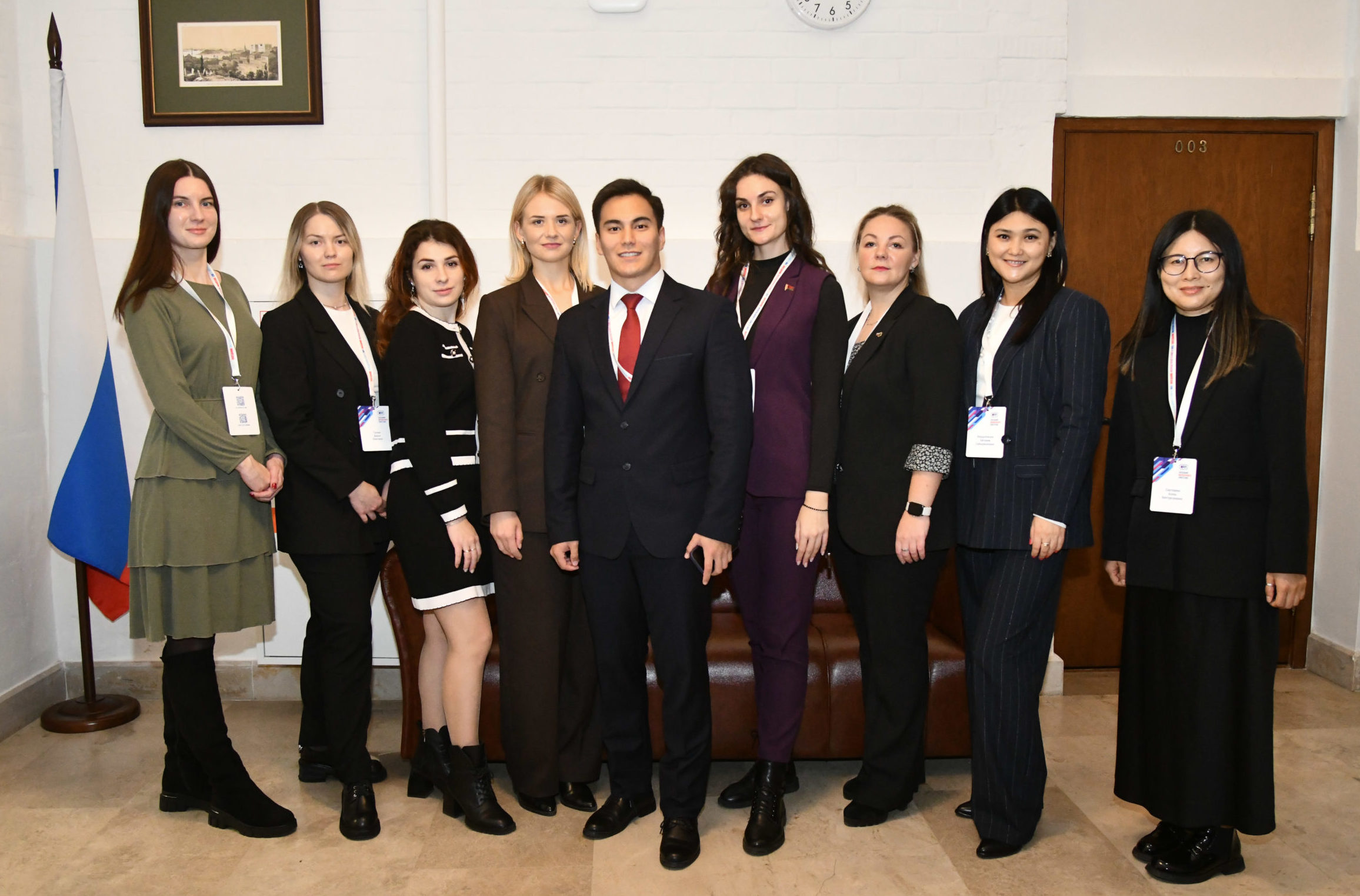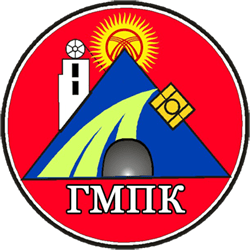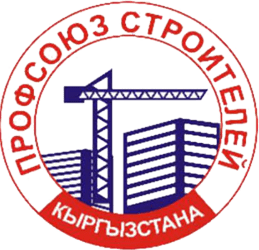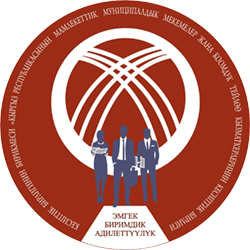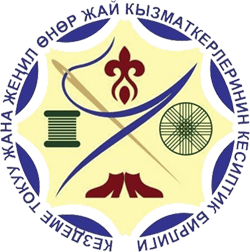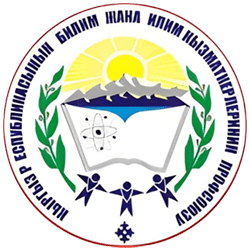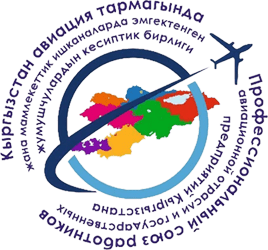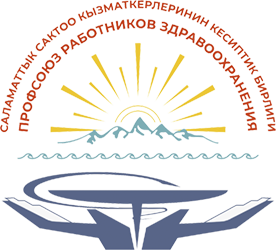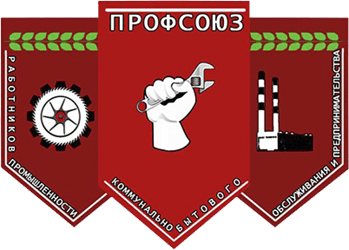
History of Establishment:
The FTUK Youth Council was founded in 2009 on the initiative of a group of young employees eager to actively influence enterprise development and improve working conditions. These enthusiasts united, recognizing the need to create a body that would represent the interests of young professionals. Initially, they gathered to discuss ideas for improving workplace processes, organizing events for professional development, and sharing experiences. These initiatives caught the attention of management, ultimately leading to the official establishment of the FTUK Youth Council.
Role of the Youth Council:
The Youth Council became the central platform for young specialists’ activities within the trade union. The Council gives young people the opportunity to participate in key projects, promote their ideas, and initiate changes in the work environment. As a result, young workers gained a voice in decision-making at the federation level, while FTUK benefited from fresh perspectives and future leaders.
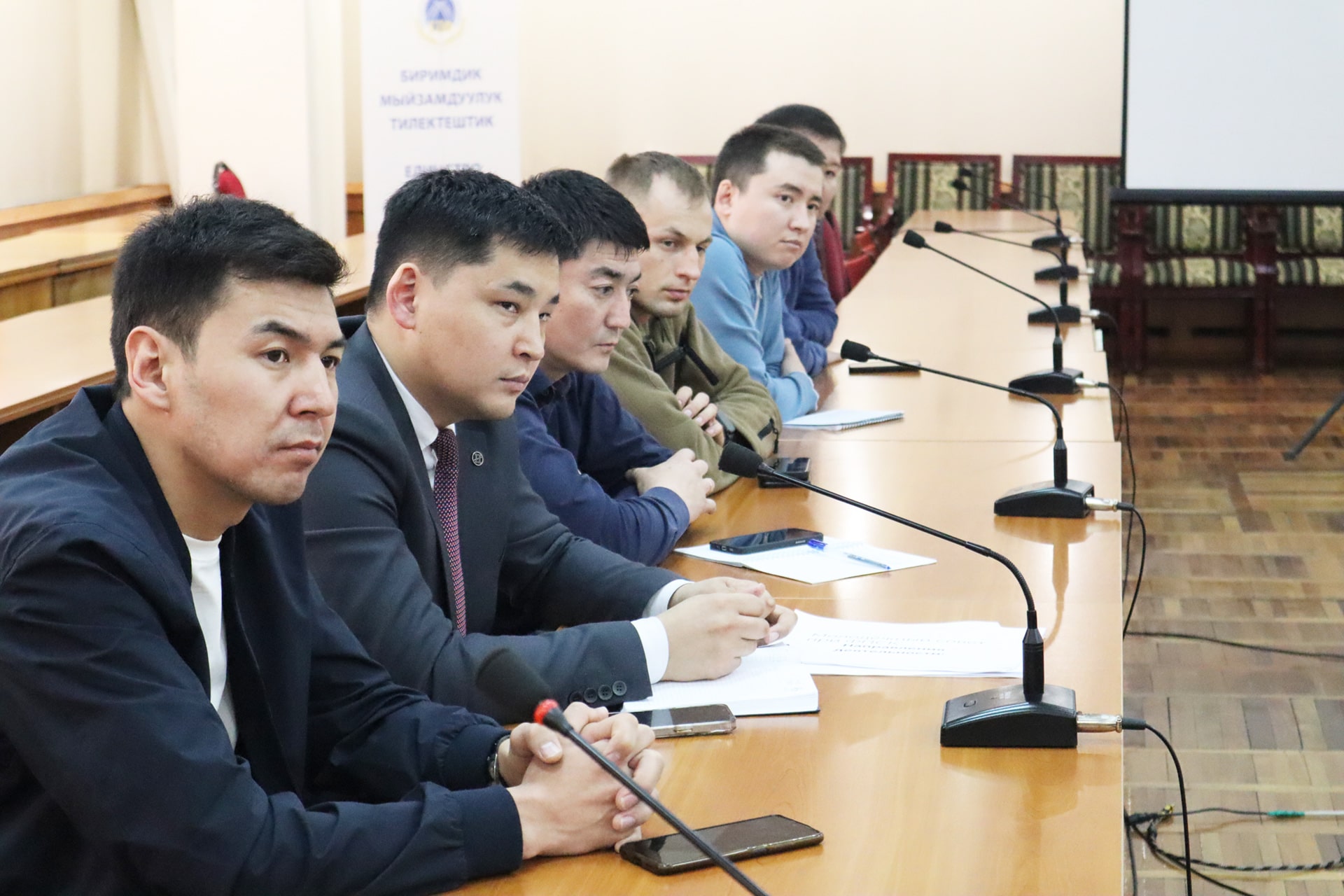
Goals and Objectives
Protecting the Labor Rights of Young Workers
The Youth Council actively works to improve working conditions for young employees. This includes advocating for fair wages, workplace safety, equitable distribution of responsibilities, and protection from discrimination based on age and lack of experience. Special attention is paid to protecting against temporary contracts, low salaries, and limited social benefits that young specialists often face.
Adaptation to New Challenges
With the development of digital technologies and changes in the economic structure, the Youth Council proactively adapts its strategies to protect workers employed in flexible and non-standard forms of work. This includes developing solutions for freelancers, self-employed individuals, and remote workers.
International Cooperation
The Youth Council actively collaborates with international trade union organizations such as the General Confederation of Trade Unions (GCTU) and the Council of Trade Unions of Central Asian Countries (CTUCAC). These partnerships enable the exchange of experience, development of joint projects, and protection of youth rights on a global scale.
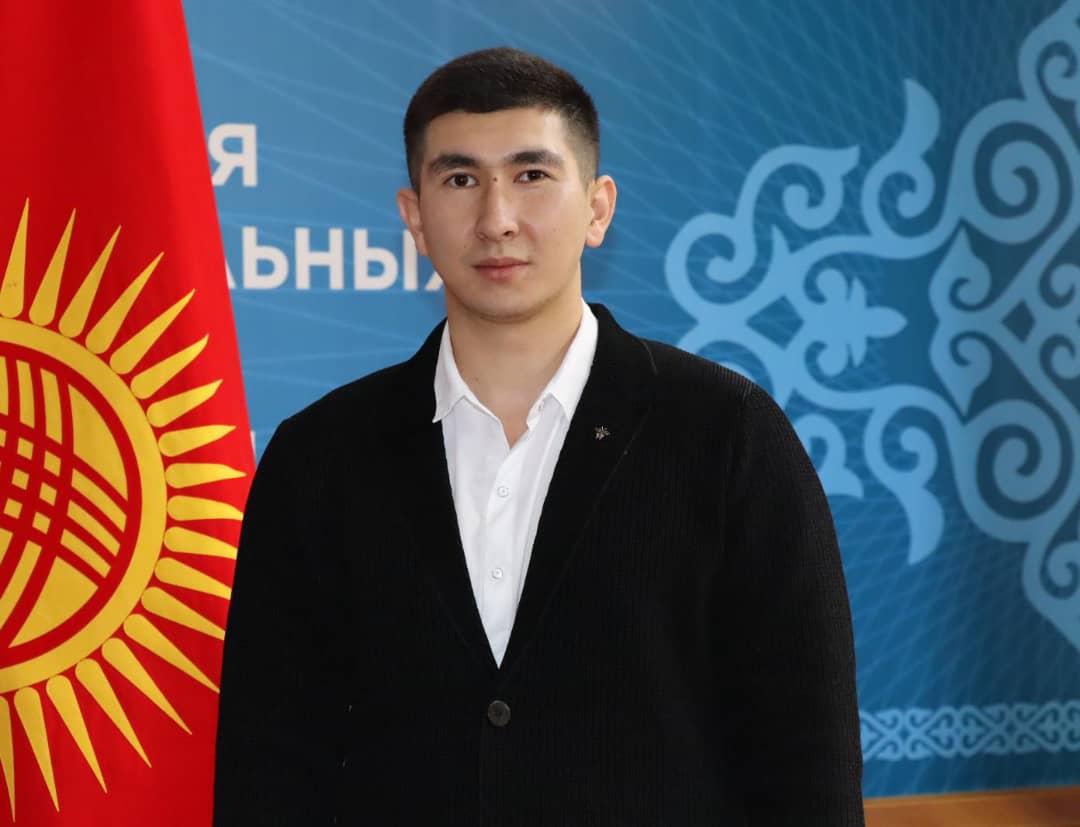
Toroev Kairat Maratovich
Chaiman of the Youth council of the FTUK
